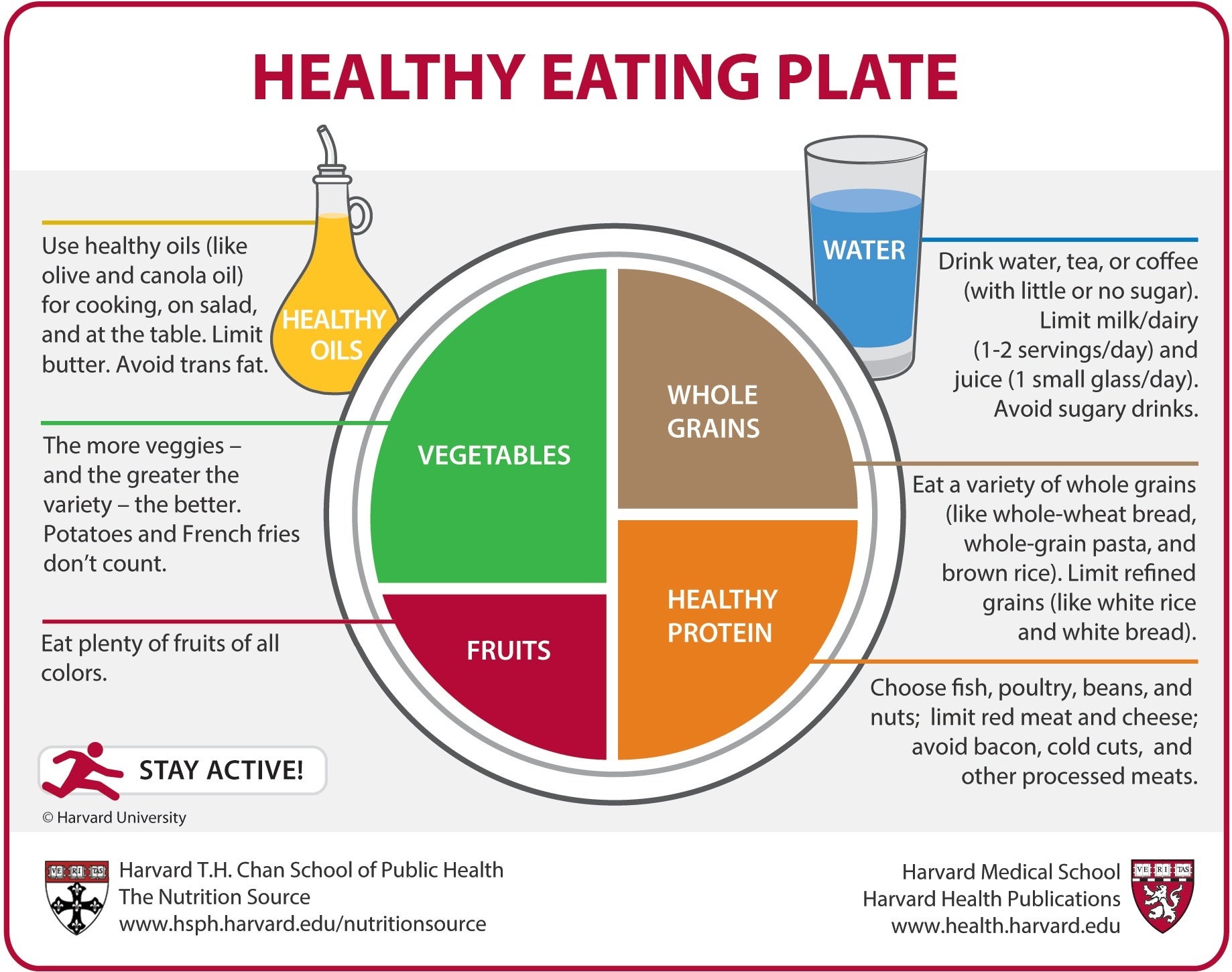In today’s fast-paced world, it can be challenging to make time for healthy eating habits. However, with a little bit of effort and some strategic meal planning, you can ensure that you nourish your body with nutritious meals every day. As someone who has personally struggled with maintaining a healthy diet, I understand the struggles first-hand. That’s why I’d like to share some valuable tips on meal planning for healthier eating habits.
One of the best ways to start meal planning is by setting clear and realistic goals. Take a moment to reflect on what you want to achieve through healthier eating. Do you want to lose weight, increase your energy levels, or simply feel better overall? Once you have a clear vision in mind, you can tailor your meal planning process to align with your goals.
Next, it’s time to get organized. Taking a few minutes each week to plan your meals and make a shopping list can save you a significant amount of time and stress. Start by deciding how many meals you want to plan for throughout the week. Some people prefer planning for each meal, while others find it more manageable to focus on dinners or lunches. Find what works best for you and go from there.
When planning your meals, aim for a balance of nutrients from different food groups. Include plenty of vegetables, fruits, whole grains, lean proteins, and healthy fats. Try to incorporate a variety of colors, textures, and flavors to keep your meals interesting and satisfying. It’s also a good idea to consider portion sizes and your individual dietary needs.
Once your meal plan is ready, create a shopping list based on the ingredients you’ll need. Stick to the list while grocery shopping to avoid impulse purchases of unhealthy snacks or convenience foods. Remember to check your pantry and fridge before heading out, to save money and prevent food waste by using what you already have on hand.
Now comes the fun part – cooking! Dedicate some time in your schedule for meal prep. It could be a couple of hours on a Sunday afternoon or a busy weekday evening, whichever suits your routine best. Preparing your meals in advance will not only save you time during the week but also prevent the temptation to reach for unhealthy, convenient options when hunger strikes.
Consider investing in meal prep containers to portion out your meals ahead of time. This helps with portion control and makes it easy to grab a healthy meal on the go. Another helpful tip is to cook in bulk. Prepare larger quantities of certain dishes, such as soups or stews, that can be refrigerated or frozen for future meals. This way, you’ll always have a healthy option readily available.
It’s essential to keep your meal plan flexible and adaptable to your daily life. Don’t be too strict with yourself – it’s okay to deviate from the plan occasionally. Life happens, and unexpected events might throw off your routine. Remember that healthy eating is a long-term commitment, and small deviations here and there won’t sabotage your progress.
To keep things exciting and avoid monotony, get creative with your recipes and try new dishes regularly. Experiment with different cuisines, flavors, and cooking techniques. Look for healthy alternatives to your favorite comfort foods, such as cauliflower rice instead of regular rice or zucchini noodles as a substitute for pasta.
Lastly, listen to your body and honor its needs. Pay attention to how different foods make you feel. If you notice that certain foods cause digestive discomfort or low energy levels, make adjustments accordingly. Everyone’s bodies are unique, and it’s essential to find what works best for you.
Meal planning can be a game-changer in your journey towards healthier eating habits. It takes some initial effort, but the benefits are well worth it – improved nutrition, saved time, reduced stress, and better overall well-being. Remember, it’s about progress, not perfection. Embrace the process, be kind to yourself, and enjoy the journey towards a healthier lifestyle.
